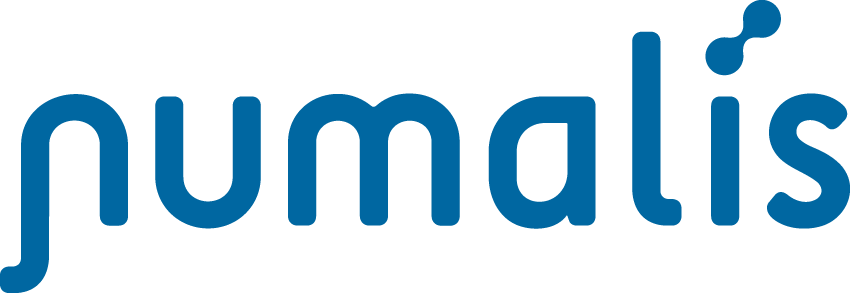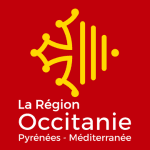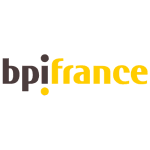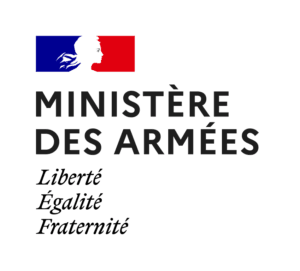Consortium: Leonardo, Aertec solutions, Baltijos Pazangiu technology institute, Cerbair, Cilas, CS Group, Delft Dynamics, D-Flight, Electronic Vision Tehcnologies, Elettronica, Escribano, Exavision, FN Herstal, Fyzikalni ustav, Hellenic Aerospace Industry, Hensoldt Sensors, Imatik, Indra sistemas, National Institute of Aerospace Technology Esteban Terradas, Intecs Solutions, Marduk Technologies, MBDA Italia, MicroDB, National Institute for Aerospace Research Elie Carafoli, Netherlands Organization For Applied Scientific Research, Nordic Radar Solutions, Office National d’Etudes et de Recherches Aérospatiales, Omnipol, Panepistimio Dytikis Attikis, Rheinmetall Electronics, Roboost, SAAB Aktiebolag, Signal Generix, Stam, Syrlinks, Thales LAS France, 4D Virtualiz, Numalis







